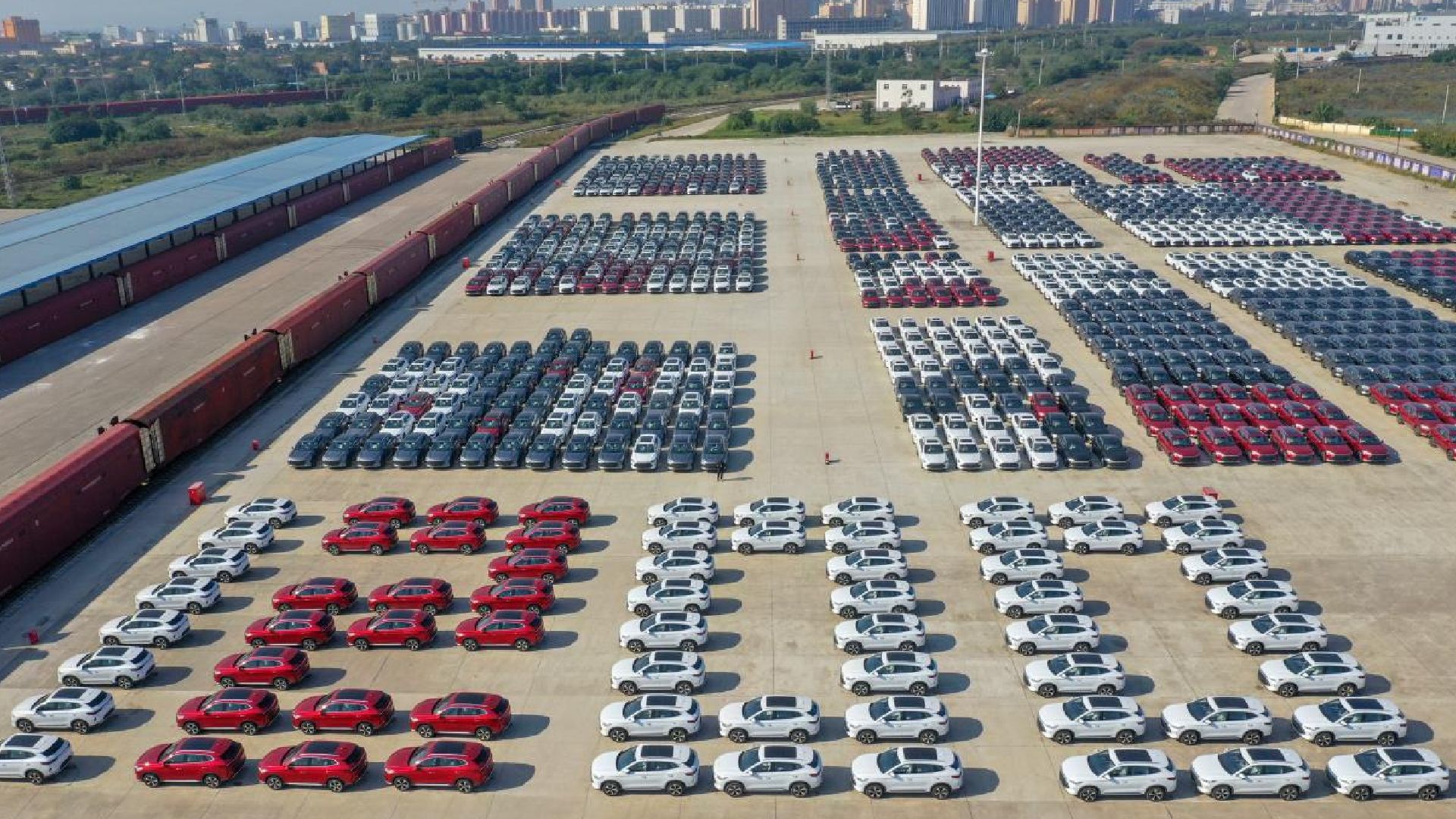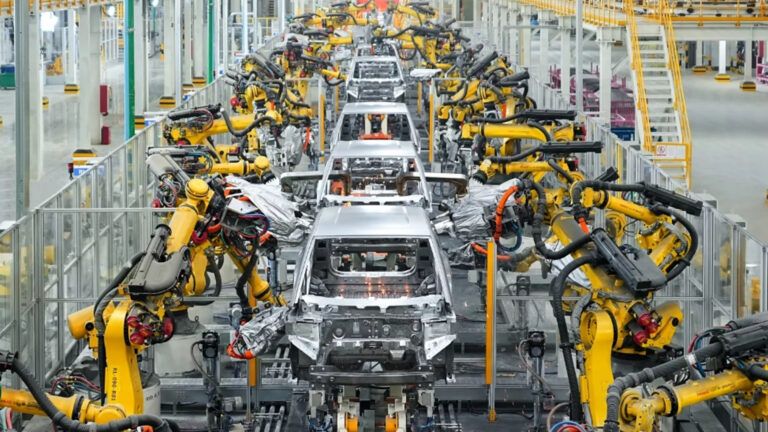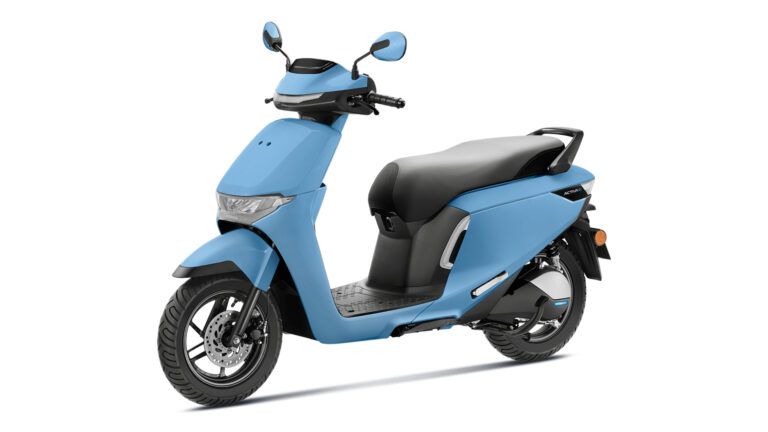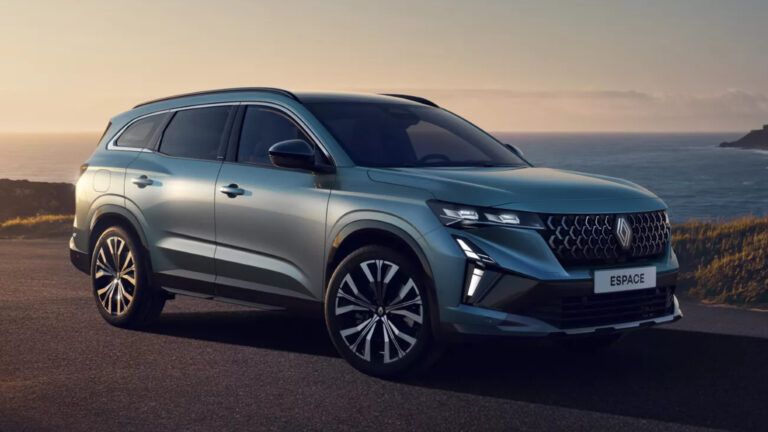The European Union (EU) has started imposing temporary tariffs on electric vehicles (EVs) imported from China from July 4. Negotiations are ongoing with the Chinese government, aiming to finalize these tariffs as permanent by November.
The EU took action because cheaper Chinese electric cars pose a risk to the EU’s electric vehicle producers. Also, it implemented additional tariffs after determining that the EV supply chain in China receives unfair subsidies.
The European Commission highlighted that the EU accounted for the largest share of Chinese EV exports in 2023, comprising 33%. Furthermore, legislative efforts to increase EV sales and reduce average CO2 emissions enhance the region’s attractiveness.
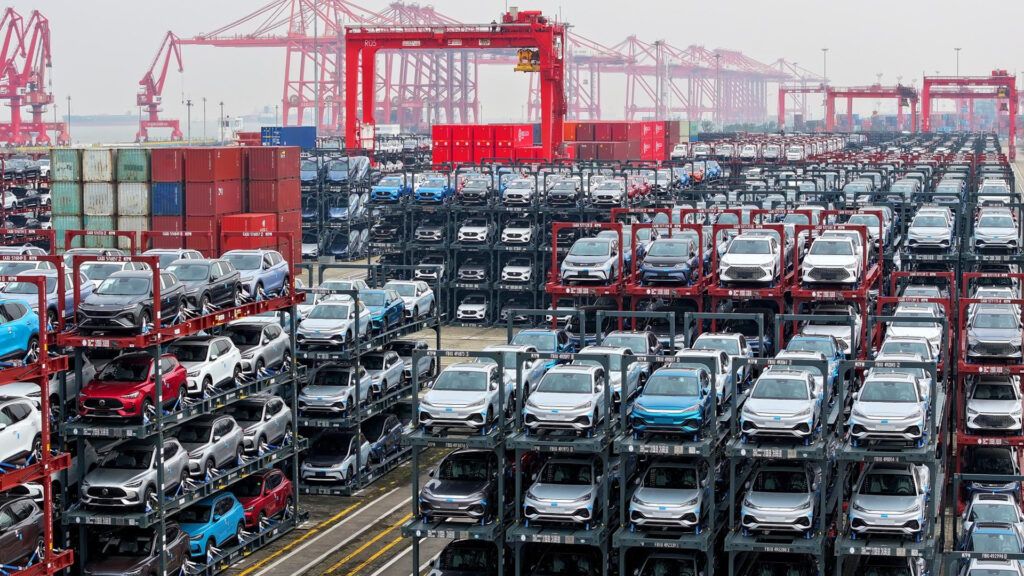
Impact on Chinese EV manufacturers
SAIC, the owner of MG, faced a significant impact from the additional tariffs. Moreover, the European Commission accused the company of not cooperating during the investigation.
The automaker must now pay an extra 37.6% based on the imported EVs’ wholesale price with the existing 10% tariff. This adjusted figure represents a slight decrease of 0.5% from the originally announced rate after negotiations.
According to a statement from the European Commission, BYD faces an additional tariff of 17.4%. Meanwhile, Geely, which owns Lotus, Polestar, and Volvo, must pay an extra 19.9%. Other Chinese companies either receive a 20.8% additional tariff if they cooperated or 37.6% if they did not.
However, Nio and XPeng, Chinese EV makers, informed that they do not intend to withdraw from the European market despite the EU’s imposition of tariffs on Chinese-manufactured electric cars.

Support from German Automakers
German automakers, including Mercedes-Benz, BMW, and the Volkswagen Group, have strongly opposed the tariffs. Why? Because these automakers sell more vehicles in China than in any other market. Therefore, the introduction of tariffs poses a risk of retaliation from China. Moreover, it could jeopardize their lucrative export of luxury internal combustion engine (ICE) cars to the country.
China has singled out Germany in its efforts to exert pressure on the European Commission to revoke the additional tariffs. The provisional tariffs will remain in effect for four months. After that, the EU will implement permanent tariffs lasting for five years.
The European Commission stated that discussions with China are continuing with the aim of achieving a solution that complies with WTO standards, referring to the World Trade Organization.
In a report justifying its decision, the European Commission stated that electric vehicle prices in the EU market are notably higher than those in the Chinese market, allowing Chinese exporters to achieve greater profitability.

What About the UK?
Up to now, the UK has not mirrored the EU’s move to increase tariffs on Chinese EVs. However, the upcoming government plans to prioritize addressing this issue on its agenda related to transportation.
Automotive executives and industry observers believe the UK will align with the EU’s actions or risk heightened pressure from Chinese manufacturers to divert EV sales to the UK market.
The Trade Remedies Authority could initiate an investigation into whether Chinese EV makers benefit from unfair subsidies. However, this can only happen upon receiving a complaint from a British manufacturer.
Under “extraordinary situations,” the Secretary of State also has the authority to initiate an investigation. According to a source from the UK automotive industry’s lobbying organization, the SMMT, as of last week, no formal complaint had been filed.

